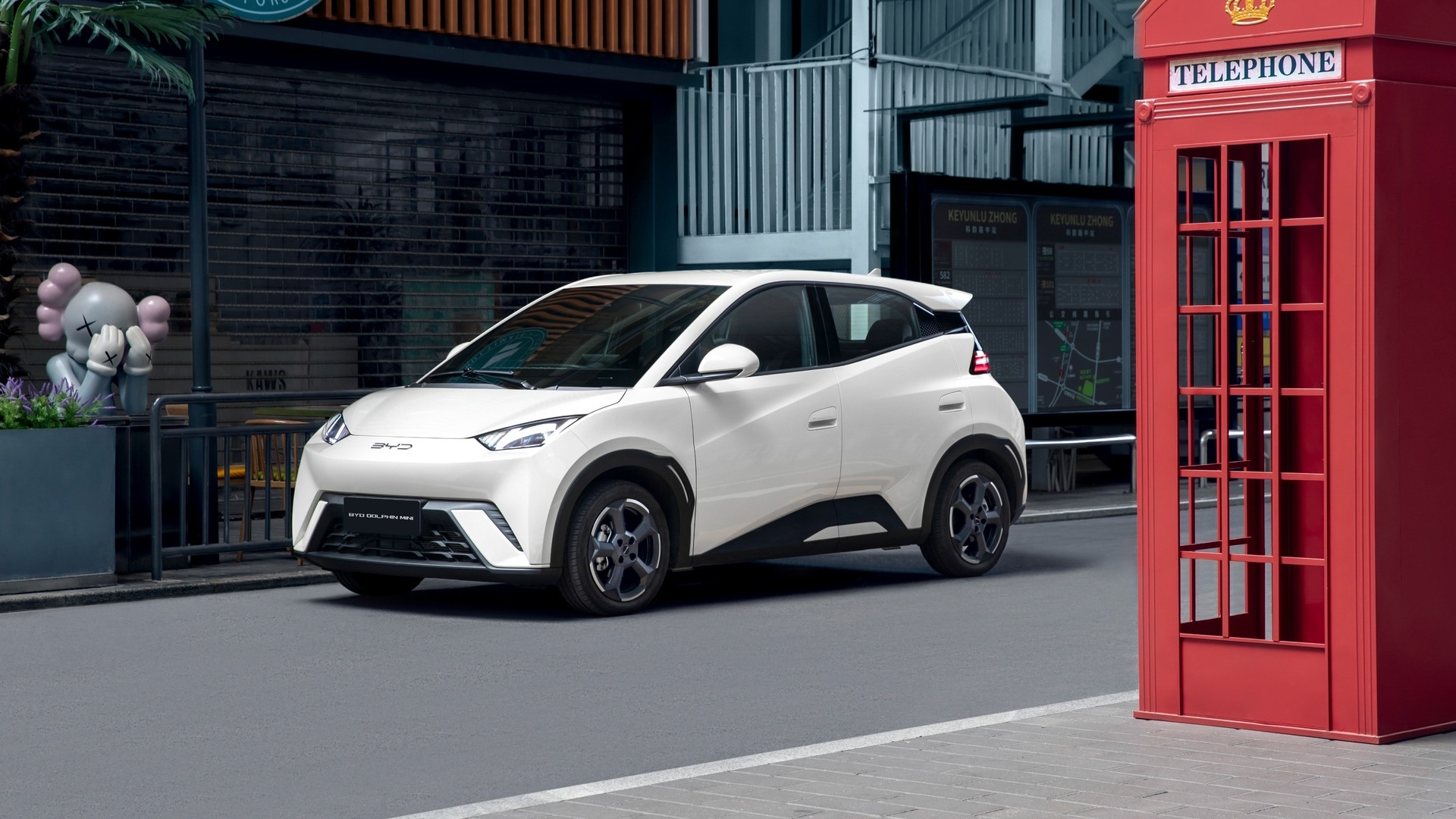

The U.S. auto industry and regulators are worried that if Chinese EVs reach the States, domestic makes won’t be able to compete. The Biden administration however has reportedly reached what it considers a solution: A full 100-percent import tariff on Chinese EVs.
The measures could be announced as soon as Tuesday according to The Wall Street Journal, which detailed other areas U.S. protectionism will target. The new taxes could encompass renewable energy technologies, resources to make them, and the finished products, from minerals to batteries and solar panels. Most immediately relevant of course is the targeted EV tariff, which will reportedly quadruple tariffs from 25 percent today to 100 percent. The 2.5-percent car import tax could be implemented on top as well.

The existing tariff has been effective so far at keeping Chinese brands such as BYD out of the U.S. market. But the Biden administration reportedly worried it wouldn’t be enough to stave off increasingly cheap cars, which could easily undercut even the cheapest new cars sold in the U.S. by thousands of dollars. Combine a 100-percent tariff with shipping costs though, and the likes of the $6,700 Geely Panda Karting become much less appealing than a similarly priced Nissan Versa. It also effectively makes attempts to sell them here indirectly fund local competition through subsidies.
Still, tariffs have significant drawbacks over both the short and long terms. The U.S.’s enormous $367.4-billion trade deficit (as of 2022) makes it easy for China to hit back where it’ll hurt, and Chinese officials have reportedly suggested they’ll take action. The tariffs also complicate the Biden administration’s claimed goal of reducing transportation emissions, which cheap EVs would accelerate.
But while the Biden administration also claims security concerns, auto industry protectionism has historically been a tool to prop up uncompetitive domestic industry in times of crisis—at consumers’ expense. From the Chicken Tax to the 25-year import ban, the federal government has repeatedly blocked economical alternatives from abroad, fabricating excuses each time. This isn’t to avoid touching on the potential ramifications of Chinese automakers getting a foothold in the U.S., but these tariffs aren’t being enacted with U.S. consumers in mind. It’s about making things easier on the industry, no matter what it means for financially squeezed American drivers.
Got a tip or question for the author? You can reach them here: james@thedrive.com